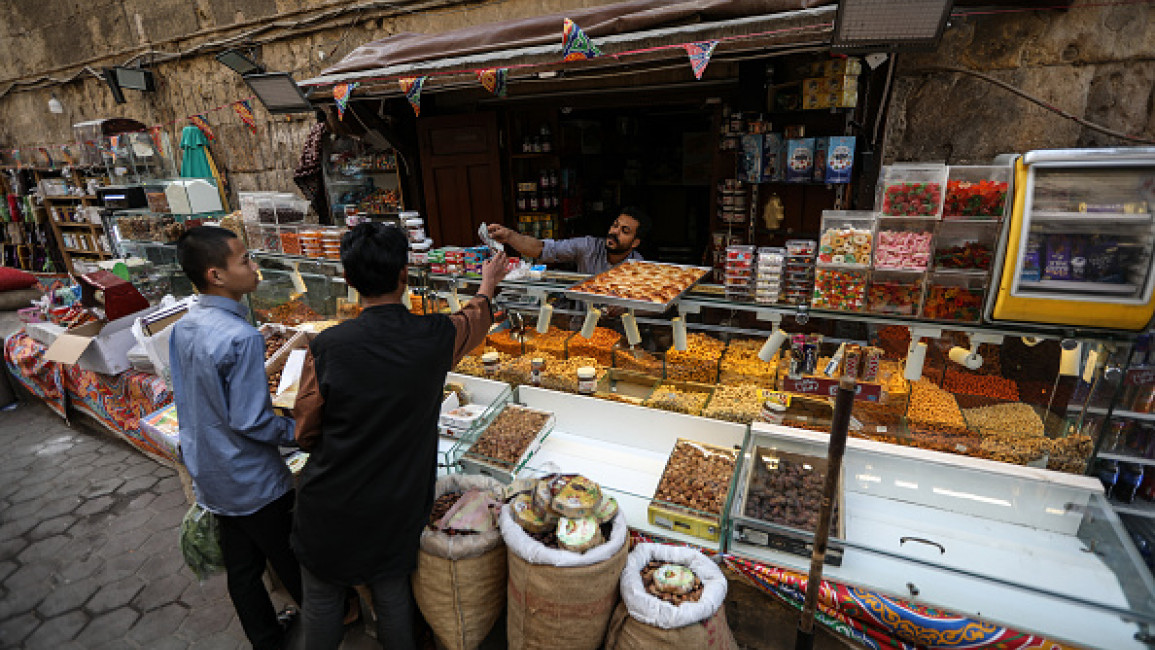NGOs call for greater social protection in Middle East and North Africa amid increasing poverty
A new declaration by civil society groups in the Arab world has urged governments to develop new universal social security systems for the region.
The 'Declaration on Building Universal Social Protection in the Arab Region', organized by the Arab Region Hub for Social Protection, was signed by a multitude of organisations and individuals from across the Middle East and North Africa including media organisations, think tanks and rights groups.
The global NGO Human Rights Watch (HRW) was also among the signatories.
The declaration places responsibility for social protection on the state rather than aid agencies and calls for all citizens to be covered by social protection programmes.
📢 Exciting news! @HRW has signed the *Declaration on Building Universal Social Protection in the Arab Region* @ArabReform_ARI.
— Lena Simet (@LenaSimet) August 14, 2023
Because under international human rights law, everyone has the right to social security. https://t.co/LbXB1DHi7Y pic.twitter.com/2tSOWzrdT1
The statement comes as many people in the region face worsening economic conditions that has led over half of Arab youths outside of Gulf states to express a desire, or actively plan, to leave the region.
"People in the Middle East and North Africa are facing increasing economic pressure and instability, yet their governments are not responding effectively to these challenges," said Sarah Saadoun, a senior researcher at HRW.
"Regional governments should end their piecemeal and targeted approaches to social protection and develop strategies to enable everyone to realize their economic and social rights" she added.
According to HRW most regional governments "have rejected universal programs" and adopted systems that are only accessible to workers in the formal economy rather than those in the informal economy.
This includes Egypt, where out of 60 million people who live near or below the poverty line, only 17.5 million people are covered by the government's cash transfer programs.
In Lebanon, the bottom 20 percent of income earners spend upwards of 88 percent of income on electricity.
A World Bank report released in July also said that Lebanon was suffering from triple-digit food inflation.



